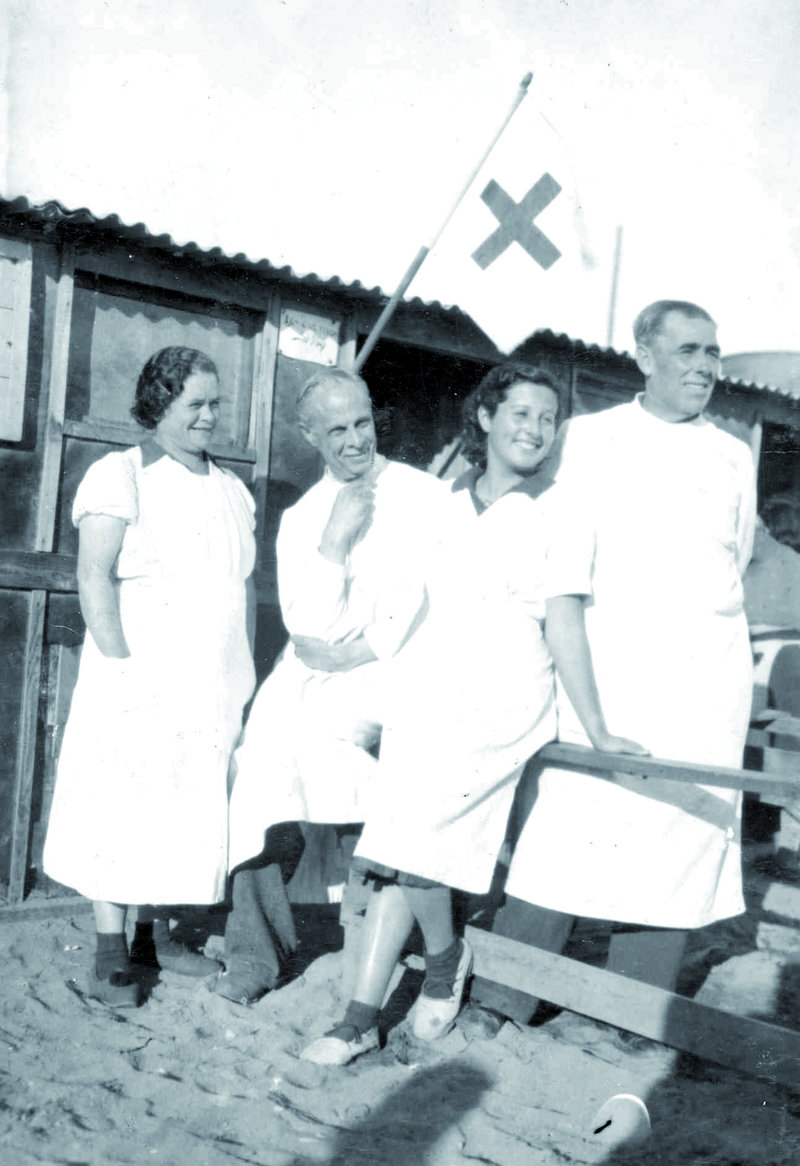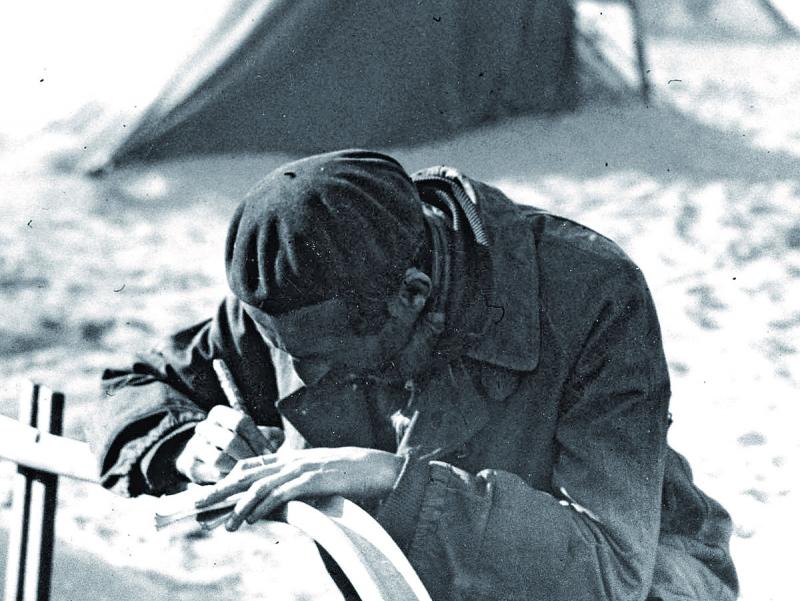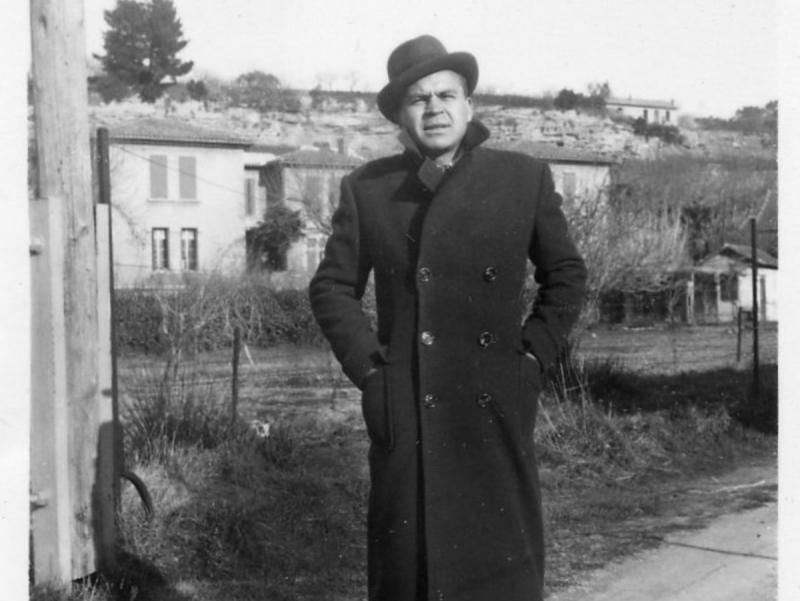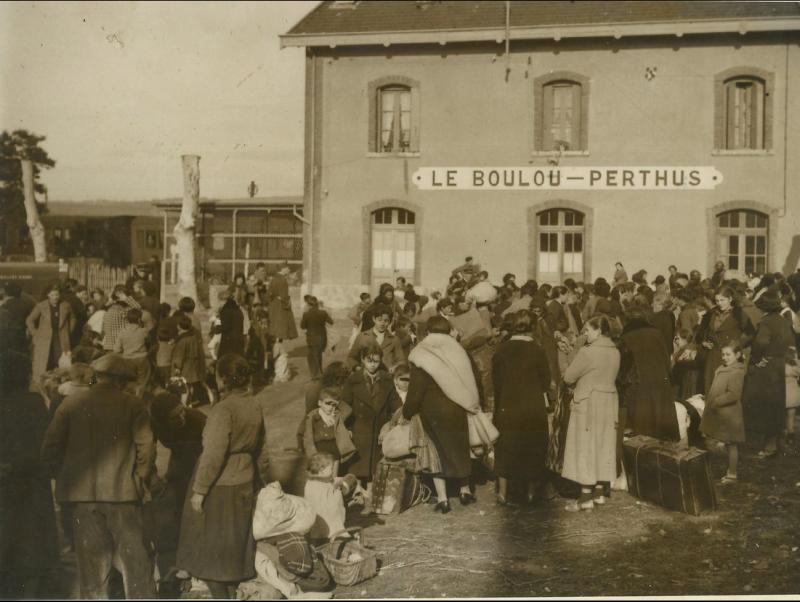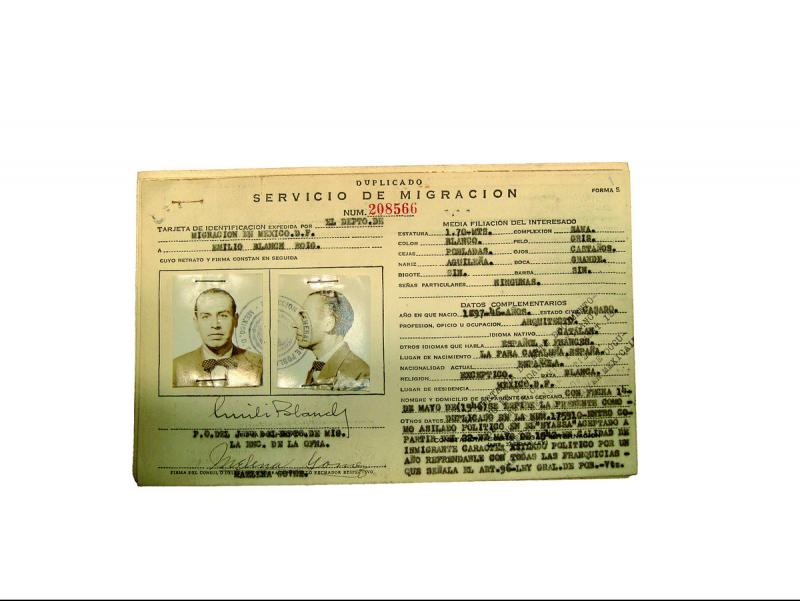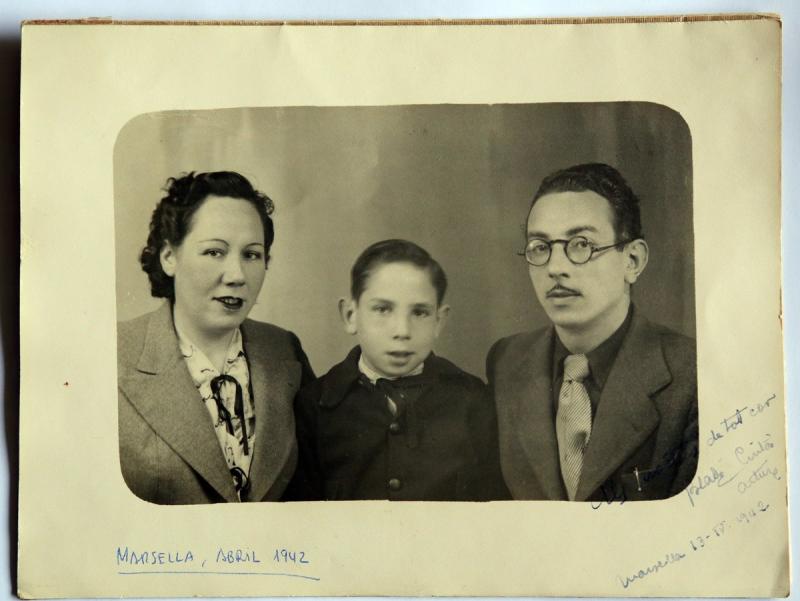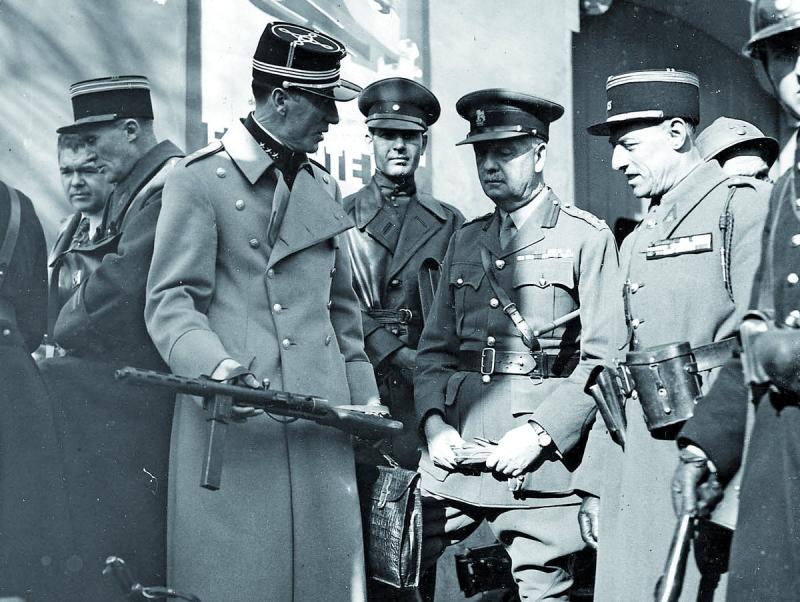Rosa Laviña Carreras
“We were in Brûlon for nine months; it wasn’t bad at all, in truth. We couldn’t leave the village, but we could move around. I went to these people’s homes every day; I have better relationships with them than with my own family. One morning, the gendarmes came back with the trucks. They rounded up most of us in those villages and took us to the station, where a convoy was waiting to take us we didn’t know where. We were on the train for two days, and it so happened that, during the trip, a group of women in another carriage followed the route with a map. They worked out that we were going south, towards Spain. They went through all the cars telling us that a few days previously a convoy like ours had gone to the Basque Country and to Spain, without anyone knowing anything. They told us to prepare our suitcases and packages, and when the train stopped, we had to throw it all out of the window and get off the train. Everyone agreed. Then I don’t know why, but in a tunnel, in the middle of the night, the alarm went off. We threw our things out of the window. It’s impossible to imagine, without having experienced it, the commotion and panic that took hold of all of us... The train drivers went crazy, shouting that if a train came we could die there and then, that there would be carnage. They told the women that had organised everything to make everyone get back on the train, promising us that in the morning we would stop and they would tell us where we were going. Everyone got back on the train and, when the day dawned, we were at the station in Perpignan. Our fears had not been in vain, and if we hadn’t reacted we would have found ourselves in Spain. The gendarmes went through all the cars to tell us that those who did not want to return to Spain would go to a concentration camp. I talked to my mother. I told her that if she wanted she could return to Spain with Pilar, but that I wouldn’t go back while Franco was there. She told me she wouldn’t go back without me, and all three of us got off the train. First, they took us to some stables for racehorses (Haras camp); there were no beds and we slept on the floor, on the straw, without sheets and without undressing for two weeks. Some babies died due to the lack of food. A nurse told us: “The good milk is for the French children”; we only had the right to drink water mixed with milk. After two weeks we got into a truck; there were a few Spanish refugees coming from the country and they helped us with our luggage. When we got off, it was starting to get dark, and the boy who had taken my suitcase couldn’t recognise it in the dark, so he said: “Courage, companion, in three months we’ll be home.” But three months later we were in the Argelès camp.

